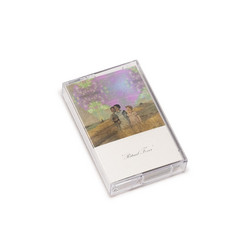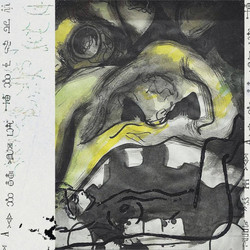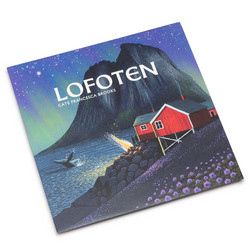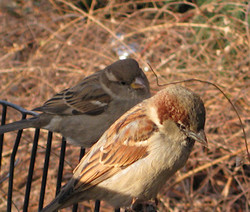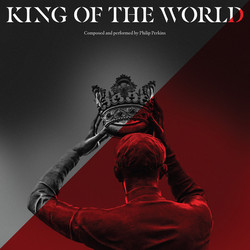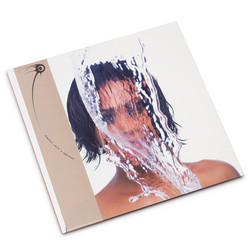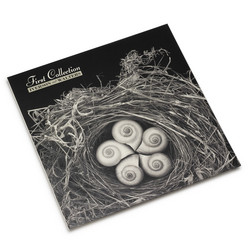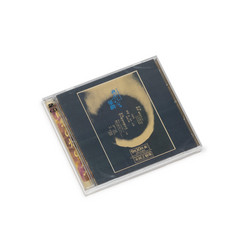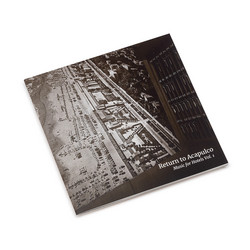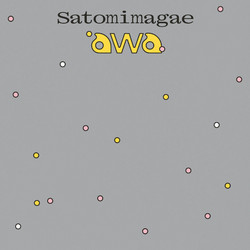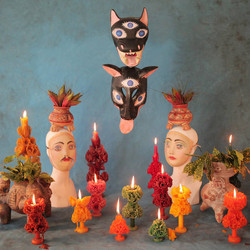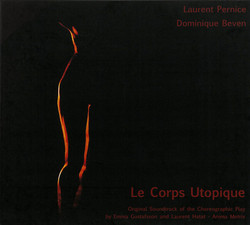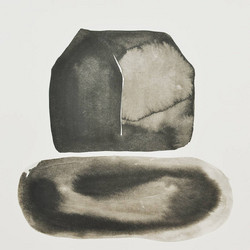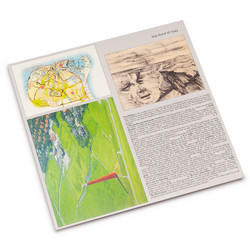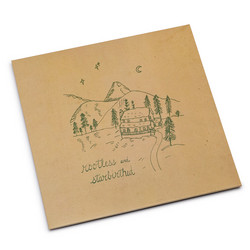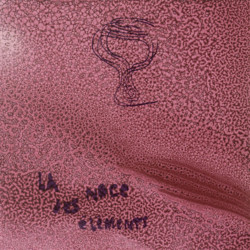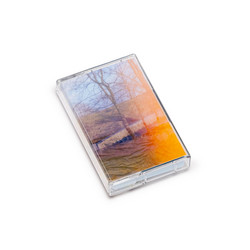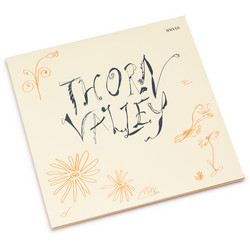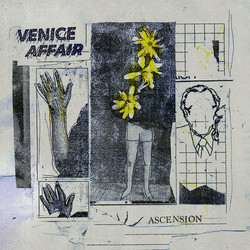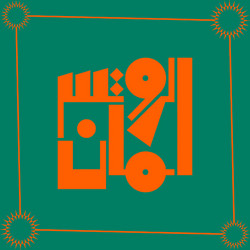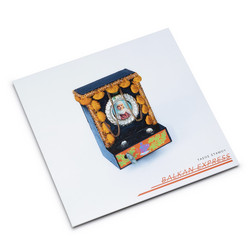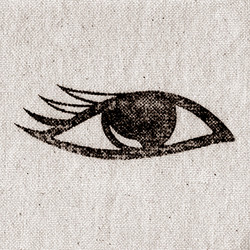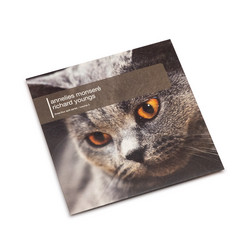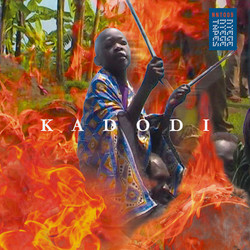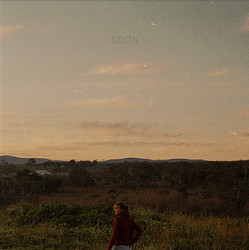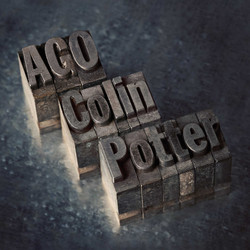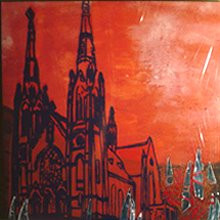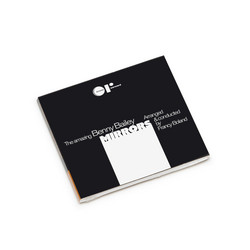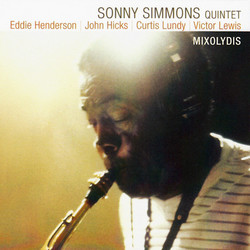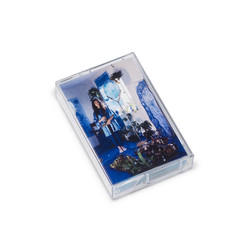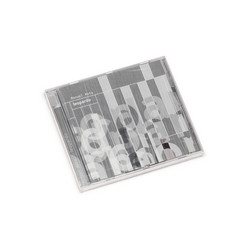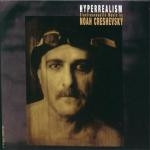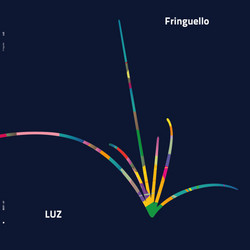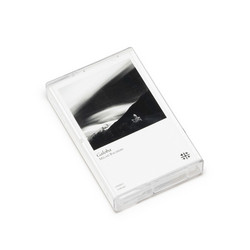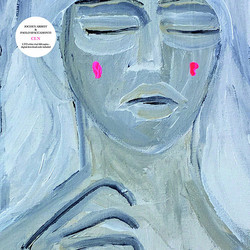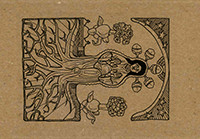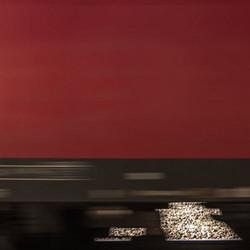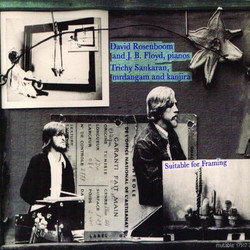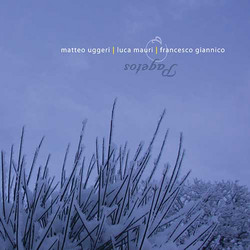In English, the Shona word "Useza" means someone of great skill, meticulousness, and precision, and it perfectly illuminates Sekuru Chaka Chawasarira's lifelong practice. The eminent Zimbabwean artist and educator is among the last remaining masters of the matepe, a large mbira-style instrument that's played with both thumbs and index fingers to expand its rhythmelodic complexity. And on 'Useza', he fully demonstrates the matepe's illusory potential, overdubbing hypnotic sequences to provoke shifting harmonic progressions that ethnomusicologist Andrew Tracey labeled "kaleidophonic" back in 1970.
An ancient art within North-Eastern Zimbabwe's Shona culture, the matepe is traditionally used in local rituals, where its ambiguous psychoacoustic mirages evoke trance states to aid communication with ancestral spirits. Only half a century ago, ceremonies amongst the Sena Tonga and Kore-Kore peoples might easily involve six or more musicians, each playing interlocking polyrhythmic sequences. In 2025, the music is threatened with extinction; following decades of vilification from Zimbabwe's evangelical and pentecostal churches, who associate the rituals with witchcraft, there are fewer than ten master musicians left.
Called the "Mozart of mbira" by composer Keith Goddard, 83-year-old Chawasarira has been developing his relationship with the instrument since he was just a young man. He grew up in a Catholic mission and was dedicated to the church, founding his own choir, but he maintained his connection to Zimbabwean culture by studying the region's traditional rhythms. Chawasarira's father had been a well-known drummer, and when Chawasarira was older, working as a teacher at the mission school, he ventured out to observe local mbira ensembles, eventually participating regularly in spirit ceremonies. And although there were tensions between Chawasarira's work with the church and his interest in traditional ceremonial music, he managed to strike a precarious balance, introducing drums to his Catholic services in the 1960s and even composing a mass for karimba. Chawasarira's reputation grew steadily; he was invited to Lousville University in the 1990s to represent Zimbabwe at a contemporary composition festival, and his youth ensembles helped popularize Shona mbira music not just at home, but around the world.
Today's evangelicals are less tolerant than the Catholic church however, with fundamentalist preachers blaming mbira music for all manner of tragedy. Chawasarira remains undeterred; living in Chitungwiza, he builds matepes and karimbas and tutors children, and 'Useza' is a celebration of his years of experience, a way for the maestro to preserve his repertoire for future generations. Recorded at the dead of night, the rest of the township sound asleep, the album reproduces the mesmerizing sound of a Shona ritual by overlaying discrete fractal sequences filled with haunting overtones and buzzing rhythms. Chawasarira works alone, chanting over the weightless polyrhythms to create musical illusions that offer multiple perspectives for listening. It's a technique that's been approached by various minimalist composers and avant-garde explorers in the 20th century and beyond, and Chawasarira goes straight to the source, skillfully substantiating kaleidophony and safeguarding Zimbabwe's heritage.
